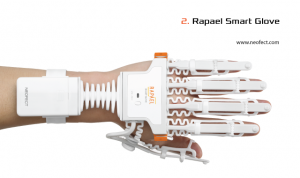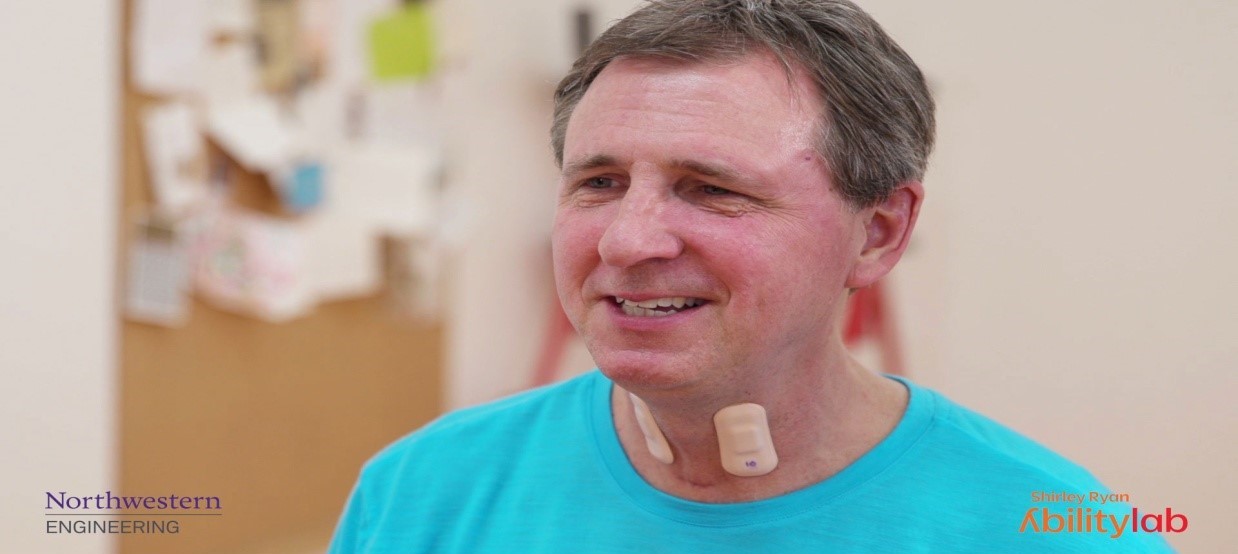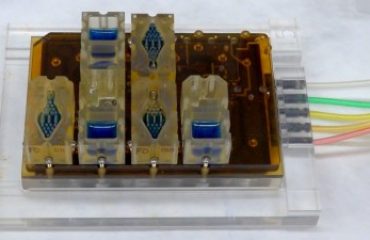Wearable technology is more than just a fashion or techie fad. Just under 50 million wearable devices were shipped in 2015 and over 125 million units are expected to ship in 2019 (Forbes, 2016). These wearables are used for everything from tracking calories and evaluating exercise regimens to monitoring the progression of more substantial illnesses.
Today, wearables can allow healthcare providers to collect data from patients to monitor a slew of conditions from diabetes to heart conditions. Now there’s a groundbreaking new wearable designed to be worn on the throat that scientists believe could be a “game-changer” in stroke rehabilitation.
Engineers at Northwestern University in conjunction with partner AbilityLab, have created sensors that are part of a technology called “stretchable electronics” that they cite as “precise enough for use in advanced medical care and portable enough to be worn outside a hospital.” These sensors adhere to the skin, move fluidly with the body and provide detailed health data such as heart function, muscle activity and sleep quality.

Stretchable electronics allow doctors to see what is going on inside patients’ bodies. This bandage-like throat sensor measures patients’ swallowing ability and patterns of speech. More specifically, these sensors aid in the diagnosis and treatment of aphasia, an inability to understand or formulate speech. This is a frequent disorder associated with stroke.
Biosensors (in conjunction with the throat sensors) can be worn on the legs, arms and chest to monitor stroke patients’ recovery progress. The multi-system of sensors streams data wirelessly to doctors’ phones and computers, providing quantitative, physical and physiological data in real time which can help in recovery outcomes by allowing doctors to change therapies and treatments as indicated by the data. It will send alerts when patients are underperforming on a certain metric and allow them to set and track progress toward their goals. Sensors are also being developed for other conditions, such as Parkinson’s disease.
Another wearable for stroke patients with neurological and musculoskeletal injuries in their hands is the Rapael Smart Glove, which helps patients regain mobility. Using a Bluetooth sensor, the glove measures a patient’s range of motion through a 30-minute exercise and creates an exercise schedule based on their needs. The glove also allows patients to simulate playing ping pong, chopping food and catching a baseball, rewarding points to encourage engagement.
The healthcare wearables market is in its infancy with more cutting-edge capabilities to come—nevertheless, both doctors and their patients will continue to benefit from more accurate data resulting in better recovery outcomes.
Strategic Communications Professional/Content Strategist/Marketing Communications Consultant





